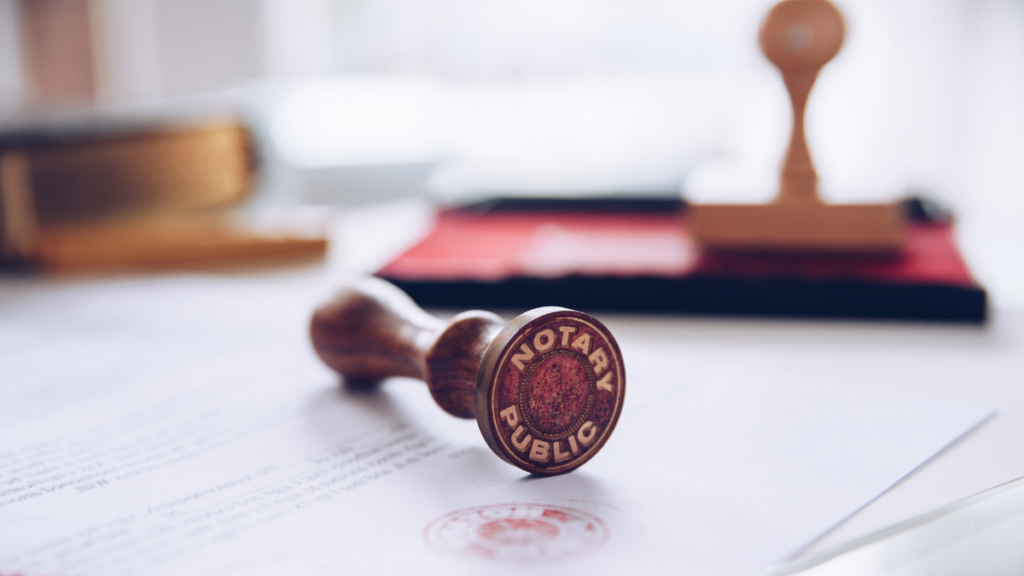Notaries are holders of a public office who are entrusted with state authority to draw up public deeds. But what does that mean exactly? In this article we will try to explain in simple terms what notaries do.
The core task of notaries is the recording of public deeds. We will concentrate on this task in this article. The following contributions will shed light on other important tasks of notaries. (§ 1 NO)
Public deeds
Public deeds have the presumption of authenticity and establish full proof of what is witnessed therein by the notary. The establishment of such public deeds is important for the smooth functioning of our legal system and creates legal certainty. We benefit from being able to rely on the accuracy of public registers such as the land or company register. This reduces the overall economic cost of obtaining reliable information. In the USA, for example, where there is no public register comparable to the Company Register, lengthy and expensive searches are often necessary to find out who the owners of a company are.
The creation of public deeds is a contribution to the administration of justice. This task, which is actually performed by the state, is partly outsourced to notaries. In particular, notaries relieve the workload of judicial officers. The outsourcing of this state task means that it is performed efficiently and quickly.
Notarial act & certification
Public documents in legal transactions are mostly notarial acts or the certification of signatures:
- Notarial deed: A notarial deed is a written document drawn up by the notary. Notarial acts are read out by the notary. Notaries also explain what the individual provisions in the deed mean and what their effects are. The notarial deed protects against hasty or uninformed decisions in very important and far-reaching contracts (e.g. founding a limited liability company). In addition, it provides evidence for the authenticity and correctness of the corresponding deed.
Click hereto book a notarial act with a partner notary of notarity. - Authentication of a signature: When certifying a signature, the notary merely confirms the authenticity of the signature. In contrast to the notarial deed, the certification of a signature does not involve the reading of the document and the notary is also not obliged to instruct on the content of a document. Through the notarial certification of a signature on a document, everyone can trust that the document in question was signed by exactly this person and free of coercion. Thus, the certification of a signature also makes an important contribution to legal clarity and legal certainty.
Here you can book a notarisation with one of notarity's partner notaries.
The trustworthy drawing up of public deeds is an important task of notaries, which contributes to the functioning of our legal system. In the next article we will explain what it means for notaries to act impartially and objectively and what benefits are derived from this.

